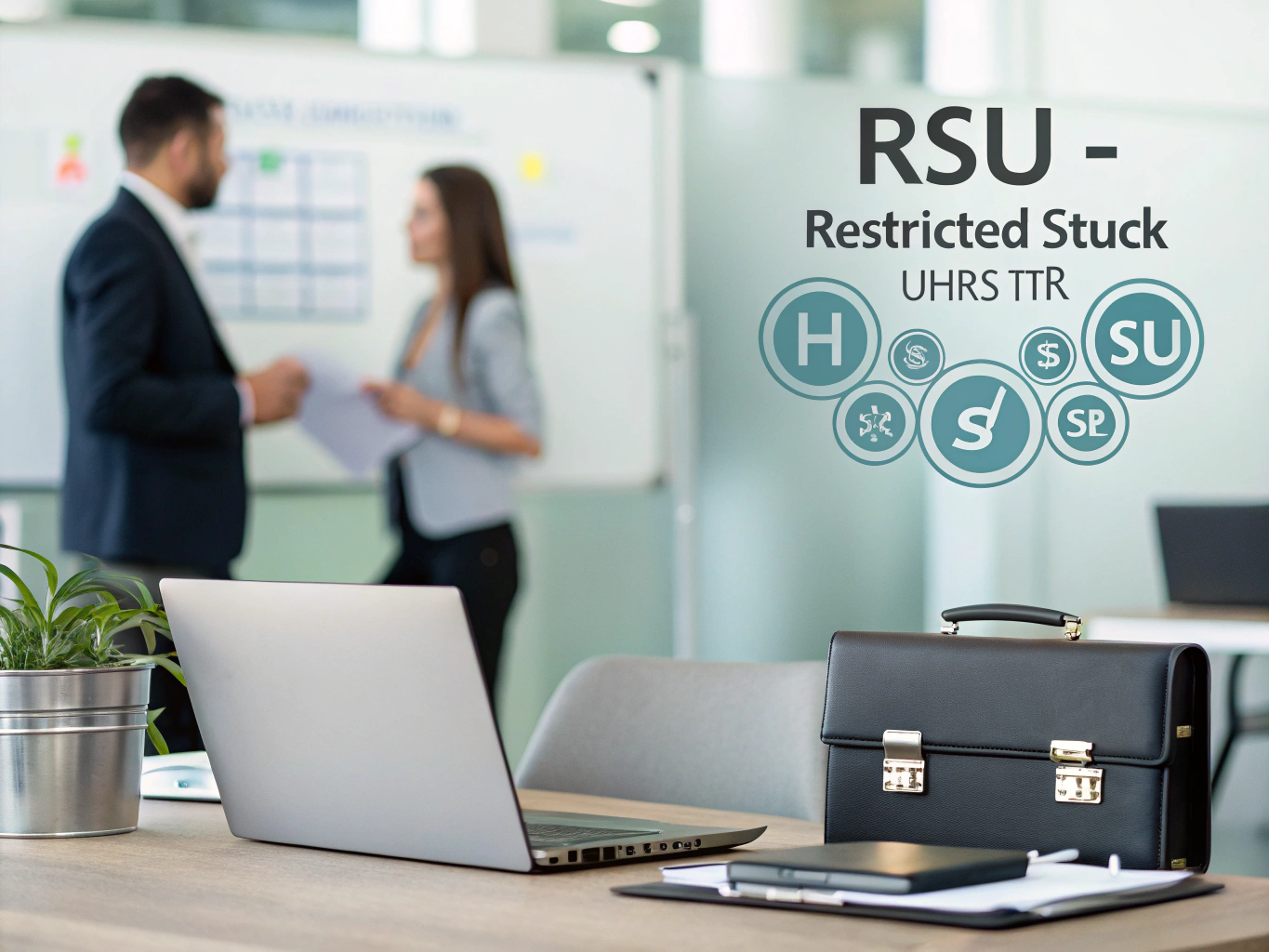Definition
The Performance Salary Review Policy is a structured approach that guides how organizations assess and adjust employee salaries based on their performance. It aims to ensure fairness and transparency in rewarding employees for their contributions, motivating them to excel in their roles. Simply put, it’s a way to connect how well someone does their job with how much they get paid.
Key Components
Implementing an effective Performance Salary Review Policy involves several key elements that ensure a smooth and equitable process. Here’s what you need to consider:
- Performance Evaluation: Regular assessments are at the core of this policy. Managers should evaluate employee performance against specific goals and objectives. For example, if an employee consistently meets their sales targets, that achievement should be recognized in their review.
- Salary Review Cycle: Establishing a clear timeline for reviews helps create consistency. Most companies conduct these reviews annually, typically at the end of the fiscal year. This allows managers to evaluate performance over a complete period and align salary adjustments with the company’s financial health.
- Salary Increase Guidelines: It’s important to have transparent criteria for how salary increases are determined. For example, employees who exceed their performance goals might receive a larger increase compared to those who meet them but don’t go above and beyond. This encourages a performance-driven atmosphere.
- Communication: Open dialogue is crucial. Managers should communicate review outcomes clearly and promptly. For instance, after the review, a manager might schedule a one-on-one meeting to discuss the employee’s performance rating and any salary adjustments, allowing for questions and feedback.
- Appeals Process: Not everyone may agree with their performance rating or salary increase. Providing a clear procedure for employees to appeal decisions can foster trust in the process. For example, if an employee feels their contributions were overlooked, they should have the opportunity to discuss this through a formal grievance procedure.
Importance in the Workplace
Having a well-defined Performance Salary Review Policy is essential in today’s competitive work environment. It helps in creating a culture where employees feel valued and motivated to perform at their best. For instance, consider a software development company where top performers might leave for better financial opportunities. A robust salary review policy not only helps retain talent but also boosts morale and productivity. When employees see that their hard work leads to tangible rewards, they are more likely to stay engaged and committed to the organization’s goals.
Best Practices
To ensure your Performance Salary Review Policy is effective, consider these best practices:
- Set Clear Performance Metrics: Define what success looks like for each role. For example, if you expect customer service representatives to resolve a certain number of issues per week, make that a clear part of their performance evaluation.
- Train Managers: Equip managers with the skills they need to conduct reviews fairly and constructively. Providing training on how to deliver feedback can make a significant difference in how employees perceive the review process.
- Encourage Continuous Feedback: Don’t wait for annual reviews to give feedback. Encourage managers to provide ongoing feedback throughout the year. This makes performance discussions feel less daunting and helps employees improve continuously.
- Document Everything: Keep detailed records of performance evaluations, salary discussions, and any appeals. This documentation can be invaluable if questions or disputes arise later.
- Solicit Employee Feedback: After the review process, ask employees for their thoughts on how it went. This feedback can help you refine the policy and address any concerns for future cycles.
Legal Considerations
When implementing a Performance Salary Review Policy, it’s vital to be aware of legal implications. Ensure that your policy complies with labor laws and regulations regarding equal pay and non-discrimination. For instance, if you have a policy that rewards performance but inadvertently favors one demographic over another, you could face legal challenges. Regularly reviewing your policy with legal counsel can help you mitigate risks and ensure that all employees are treated fairly.
Conclusion
Understanding and implementing a Performance Salary Review Policy is key to fostering a motivated and engaged workforce. By creating a transparent and fair process, you not only reward employees for their hard work but also strengthen your organization as a whole. Remember, a well-executed policy contributes to employee retention, satisfaction, and ultimately, the success of your business. So, take the time to refine your approach, listen to feedback, and adapt as needed to meet the evolving needs of your team!




